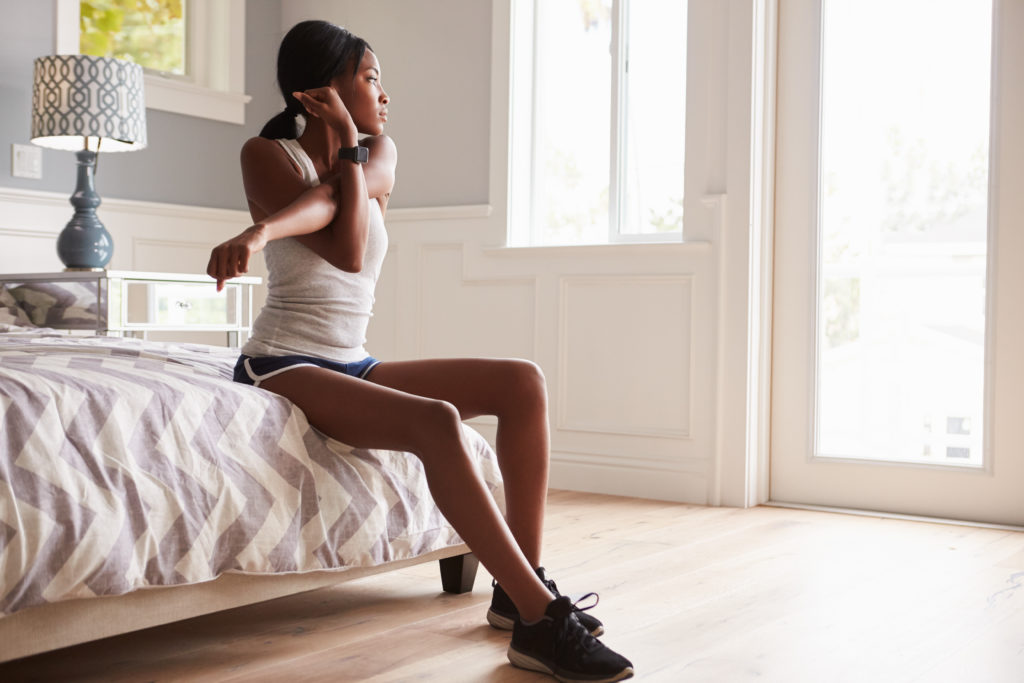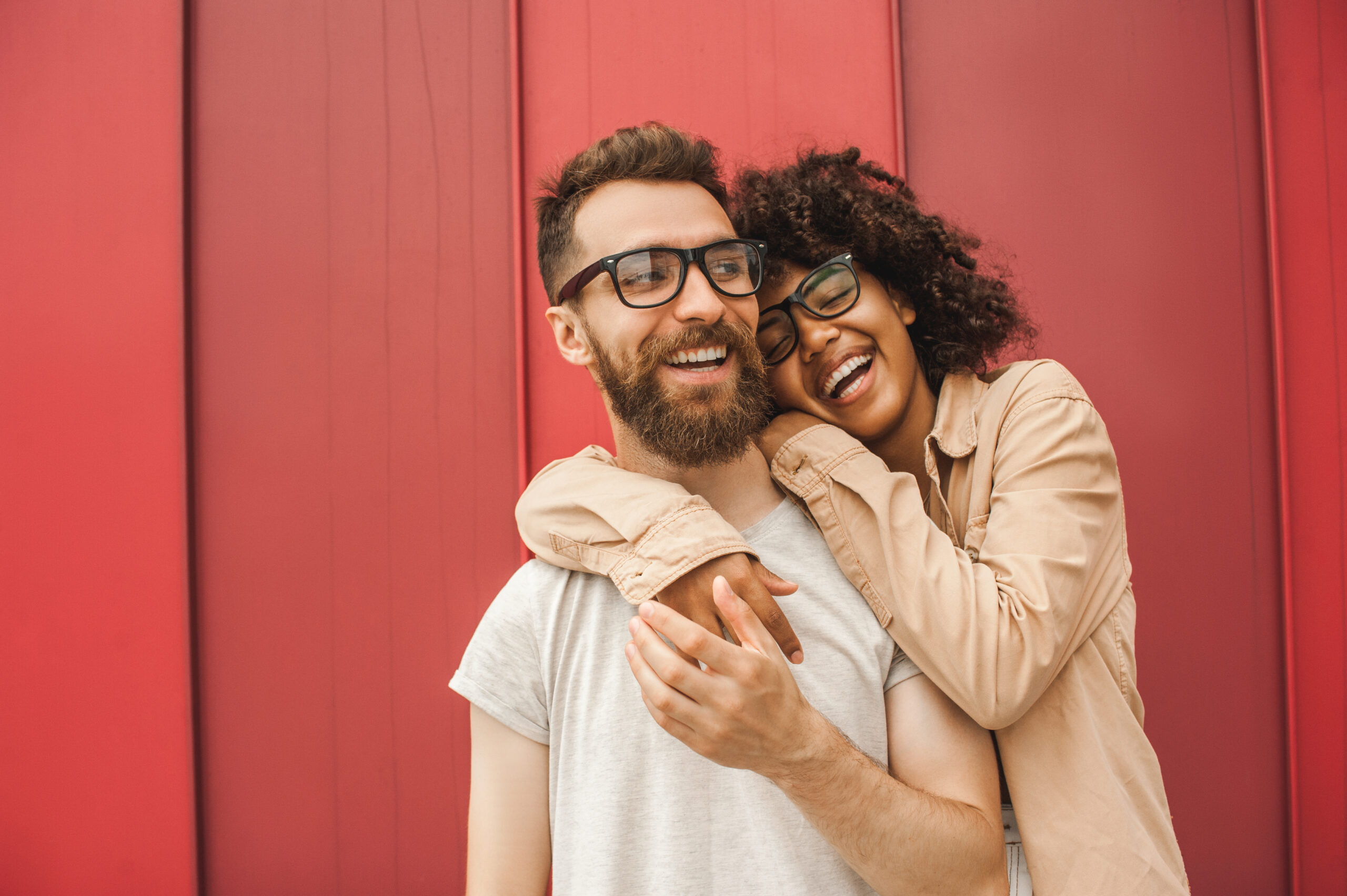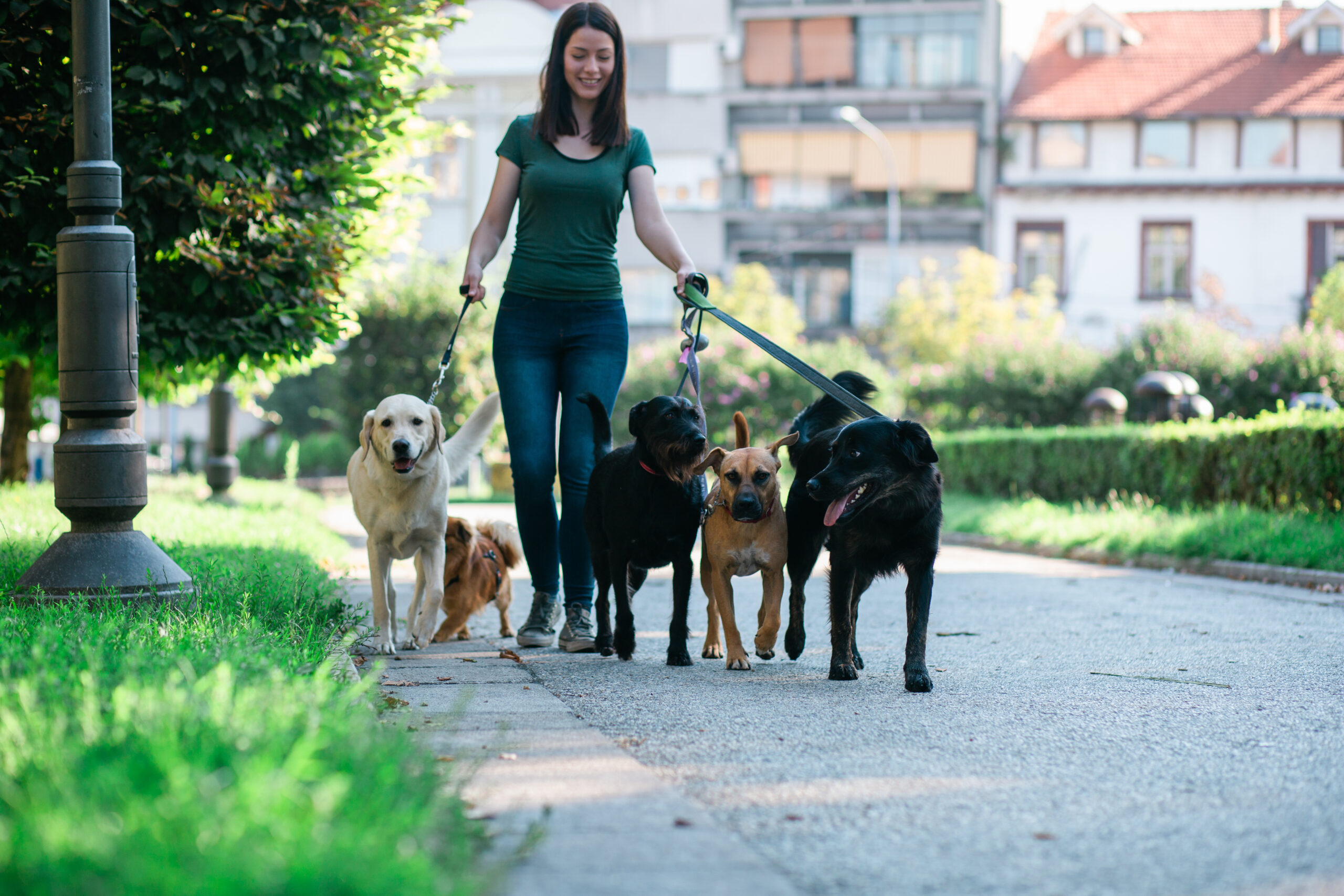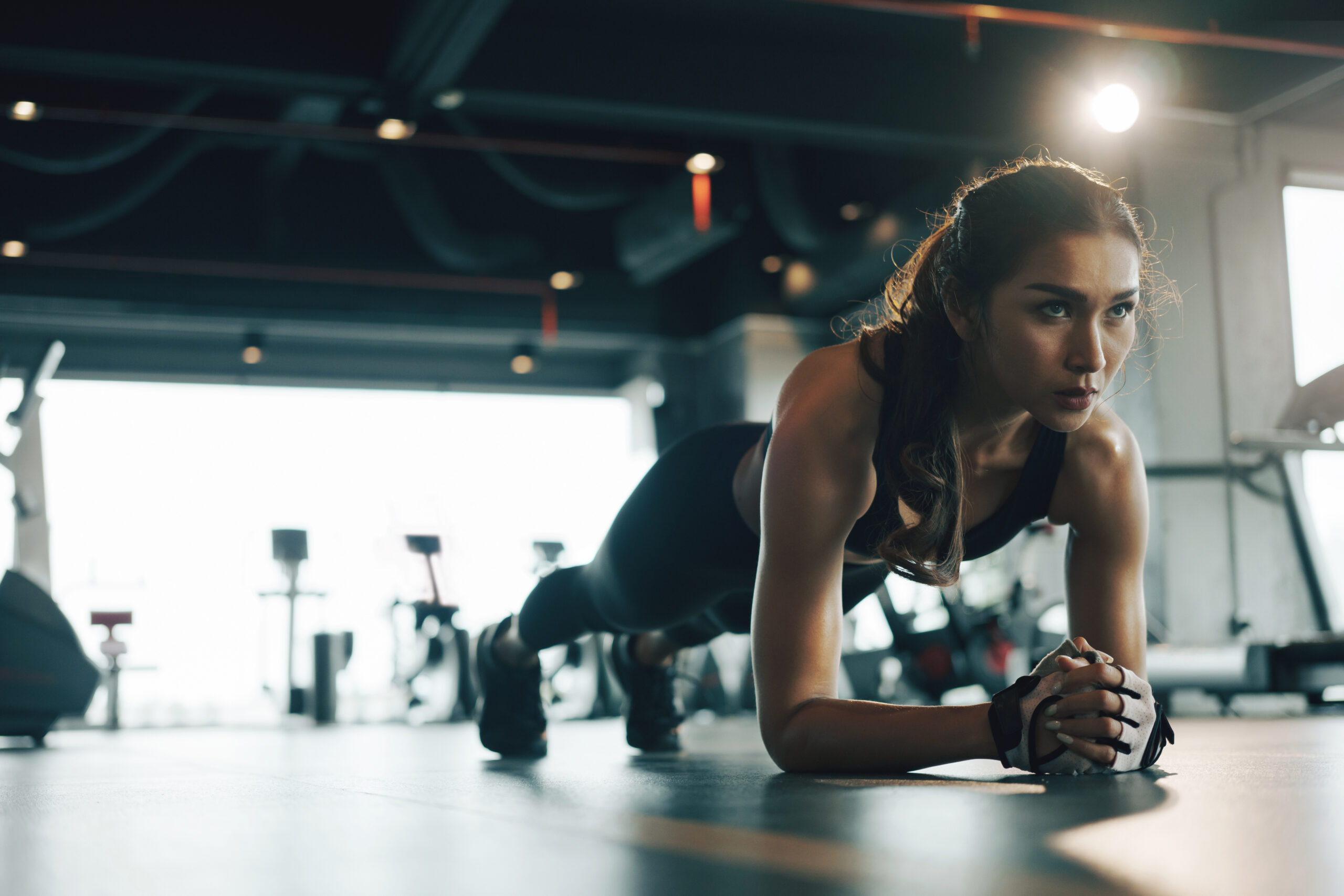Every year, thousands of women across the U.S. donate their eggs. This is one of their (true) stories. *The donor’s name has been changed to maintain anonymity.
Abby has always been a giver.
Ever since she can remember, the 22-year-old aspiring lawyer from New Jersey has wanted to help those who are struggling. Whether that’s helping one of her three siblings with anything they need, babysitting the neighbor’s kids, or making her best friends laugh when they’re having a bad day, she’s on it.
And that’s just the tip of the iceberg. Abby, who works as a paralegal and plans to apply for law school this fall, gives back in other profound ways as well – to complete strangers. In addition to being a registered blood and bone marrow donor, she is also a seasoned volunteer, helping The American Cancer Society with their popular Relay For Life, raising money for families taking care of young children with lifelong diseases like cancer or sickle cell anemia, and spending her free time knitting and crocheting tiny hats for premature babies.
If Abby had to pinpoint why she gives, she would probably chalk it up to equality – life doesn’t give everyone the same lot, so the more she can do to make life better for anyone struggling, the better.
“We’re all here for the time we’re here,” Abby said recently. “There is no reason some people should struggle while they are living their life and have a harder life than other people.”
“If I can do something that makes their life easier, that’s what I want to do.”
It’s that mentality that led Abby to donate her eggs with Ovatures this spring. Though the decision was a big one, it was something she’d wanted to do for years. Abby was first introduced to the idea of egg donation when she was just 17 years old, watching TV – and, because Abby has known from an early age that she didn’t want children, it just made sense.
“Children is not something I want,” she said, “but it’s something other people very much want, so if I have something that other women want, and I’m not going to use it, why should I keep it for myself? So I did my research, thought about it, and realized that this is possible.”
Abby, who is African American, also wanted to donate her eggs to help African American women who cannot use their own eggs to conceive.
“Since I have traits that match other African American women, and we know that African American women do not get the best perinatal care and have worse maternal health outcomes than other populations, I really wanted to be able to help them.”
She read and watched dozens of testimonials online (including TikTok videos of women going through the process), thought about whether she’d mind going through the daily hormone injections or the egg retrieval procedure, and decided that she was comfortable with all of it.
“I thought, ‘I’ve taken medication for a set amount of time before, I’ve been on a specific schedule, I’ve helped my best friend with her insulin injections and self injections don’t scare me,’” she remembered. “It didn’t seem any different to me than any other medical procedure.”
As part of her research, Abby found out that the ideal egg donation age is 21, and that college educated women are preferred, so she waited, birthday after birthday, academic year after academic year, until she met the criteria – a 21-year-old university graduate. Finally, she was ready to choose a clinic and start the process.
“I started on Google, and came up on a few donation sites, but Ovatures really spoke to me,” Abby said. “I wanted to know everything about the process, and I really wanted to read testimonials from other women, and the Ovatures website had all of that.”
Abby’s first step was submitting an online application form, which she did in October 2020. She heard back that same month and started the process in January 2021. After she underwent routine blood and ultrasound exams, Abby got matched with a woman who wanted to receive her eggs as part of In Vitro Fertilization (IVF) fertility treatment. And that – that was a good feeling.
“I filed out a personality questionnaire and submitted photos of myself from birth to 15 years of age, and about a month later, I got matched,” she said. “So someone saw me and thought, ‘that’s what I want my kids to look like.’ It was so flattering.”
And so, in April, Abby began her 10 days of hormone injections. Just as she anticipated, the process was simple and straightforward.
“I’d be FaceTiming with a friend and it would be time to do a shot, so I’d be like, ‘oh, gotta go, gotta do this real quick.’”
And the Ovatures staff also put her at ease – responsive, compassionate and knowledgeable.
“They made things really easy, they were so nice, and always super quick to respond to an email,” Abby said. “I was emailing back and forth a lot with Jazmine, and she was so great – I never had to sit and wait and wonder what’s going on. And when I did go into the clinic for testing or during my hormone injections, the nurses were so nice and kind.”
“There was never a time when I wanted to back out.”
The day of her egg retrieval – which marks the last step of the donation process for donors – Abby was calm and excited she was about to donate her eggs to a woman in need.
“When I woke up from the light anesthesia, the nurse said everything went well, and told me they had retrieved a lot of eggs,” she said. “It actually made me feel bad, because I actively know I don’t want children, and the fact that I can have them easily, according to science, and others can’t, it just felt unfair.”
“But it also felt so good to know I’d be donating my eggs from this cycle, and probably from future cycles, too.”
Abby’s recovery was easy, and she was back to work the next day, though she waited until her next menstrual cycle to resume strenuous exercise or movement.
Looking ahead, she wants to donate again, but maybe not immediately – she is spending this summer studying for her Law School Admission Test (LSAT), and needs to focus all her efforts on the exam. She is a little less stressed about the cost of law school, however, since she used the compensation she received from donating her eggs to pay off her undergraduate student loans.
“Once life is back to normal, I could do this again easily,” she said. “I don’t for one second regret this decision.”
As for words of wisdom for other women considering egg donation, she’d say this: think it through and follow your heart.
“What helped me make the decision was that I sat on it for so long,” she said. “Sit on it, do your research, hear the stories of other women, don’t be afraid to ask questions.”
“Personally, I’m so happy I made the decision – I’m happy someone else can get happiness out of my decision and finally have the family that they want. As for me, I’m happy to be the awesome aunt that tells great stories and gives cool presents. That’s what I’m there for.”




